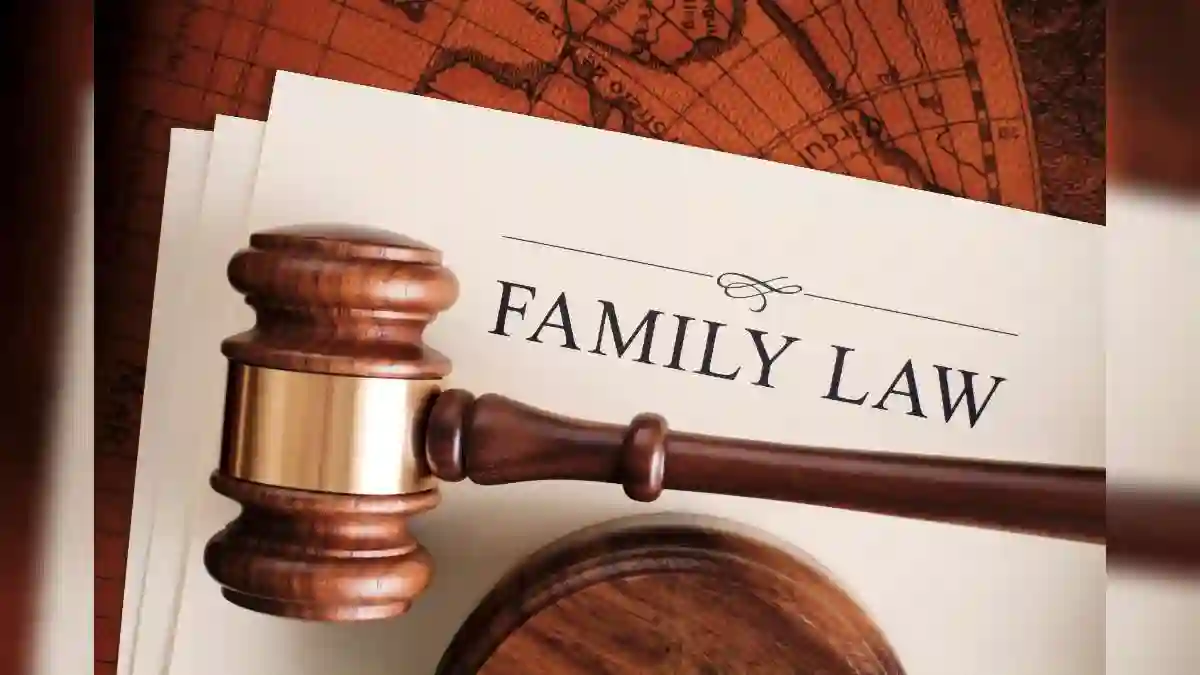When it comes to family law, there are a number of different issues that you may have to deal with. This is especially true when it comes to issues such as child custody, child support, paternity and visitation. These issues can be complex and confusing, which is why you need to consult with an experienced family lawyer. Fortunately, there are a number of family lawyers in San Diego who can help you out when it comes to dealing with these types of problems.
Child custody
Child custody is a complicated issue to resolve. Most parents want to do what’s best for their children. A skilled child custody lawyer can help you get the outcome you’re looking for.
Custody is usually granted by a judge after a hearing. The judge will consider factors such as the age of the child, the child’s wishes, and the health of both parents.
There are two main types of custody. Physical and legal. Legal custody is the authority to make major decisions for your child until it is an adult.
Physical custody is the actual living arrangement of your child. It can be joint or sole. Generally, physical custody is based on the child’s primary residence.
Legal custody is a more complicated matter. Generally, courts prefer to award joint custody. However, if the parents live in different states, or aren’t able to agree on child custody, a judge may rule that one parent will have sole custody.
Visitation
Family law attorneys have an array of tasks that they perform on a daily basis, from negotiating the finer points of child custody and property division to defending clients against charges of domestic violence or fraud. It’s no wonder that the process can be overwhelming.
Although the court system may be intimidating, it’s important to know that it’s not your enemy. In fact, it’s a team player and a good mediator. And in many cases, a well-crafted agreement can be made outside of the courtroom.
The court has the power to grant supervised or unsupervised visitation with children. This is particularly beneficial for grandparents seeking to spend quality time with their grandchildren.
The best family law attorneys are more than willing to make the hard sell and negotiate the best deal possible. That’s not to say you can’t work out your own parenting plan in advance, but it’s important to understand that a court order isn’t something that can be taken lightly.
Paternity
Paternity law lawyers can help you in a variety of ways. They can establish paternity, contest paternity, or represent you in court. These attorneys can also help you with divorce, separation, or other legal matters related to your family.
In most cases, you should consult a paternity law attorney before establishing paternity. There are many benefits to doing so. First, it can allow you to receive child support from the father. Second, it can help you get custody and visitation rights. This is important for your child’s health.
Paternity issues can be extremely emotional, so it’s best to have a lawyer with you to help you through this process. A lawyer can help you make the right choices for your child’s future.
If you believe that you are the biological father of a child, you have a duty to care for the child. You can establish this by getting a DNA test done.
Re-obtaining your child
When you are going through a divorce, you may have to hire a lawyer to help you re- obtain your child. This lawyer is not a social worker, and they are not required to keep your private information confidential. They will only be able to tell the court what they believe is best for your child. These professionals will be able to recommend a variety of services, including drug rehabilitation, counseling, parenting classes, and more.
If you cannot get a lawyer on your own, you can ask the Court Support Services Division of your local courthouse to appoint you one. You will need to fill out a Financial Affidavit form so that the judge can determine how much it will cost you. Most lawyers offer free in-person consultations, but not all. The lawyer may meet with you and your child at your home or at the attorney’s office, or the lawyer and your child may meet at your child’s school.


